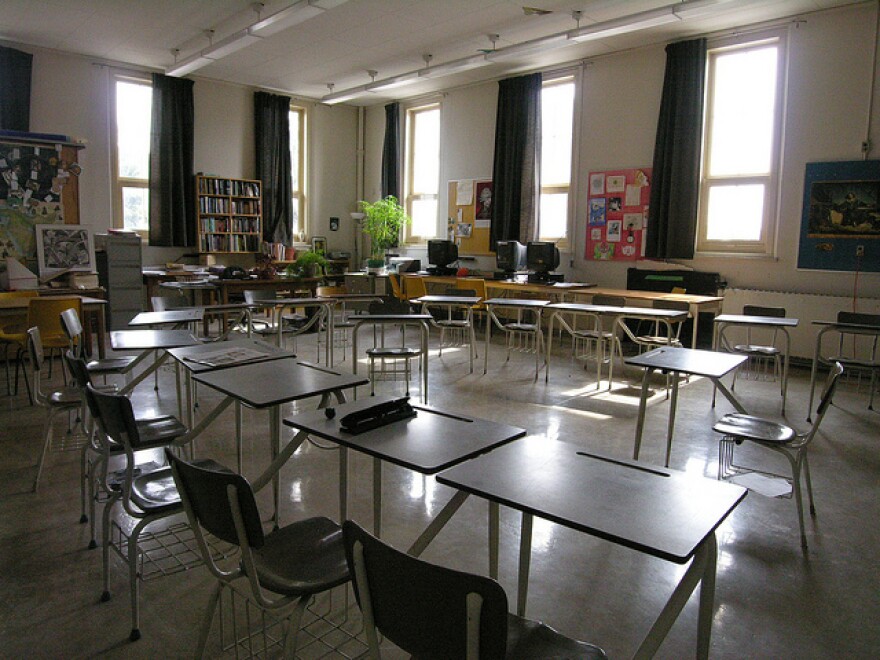Florida’s public school class size limits could be up for reconsideration in the upcoming legislative session. The state’s public school governing board wants lawmakers to consider revising the system.
Florida has strict limits on the number of students that can be in public school classrooms, and voters enshrined those limits in the constitution more than a decade ago. If districts go over the limits, they face fines issued by the state. For years, local school administrators have complained the system is too restrictive. In 2010, the legislature—through a constitutional amendment—tried to get voters to loosen the requirements. That failed. The state board of education says it may be time to reconsider the issue:
“I think the intention is great—I think the execution is leading to a situation where it’s not flexible and as a result, money is being spent that’s it’s not leading to the best outcomes for kids," Board of Education Rebecca Fishman Lipsey said Wednesday during the board's meeting.
Right now, the fines are assessed at the classroom level. Board Chairman Gary Chartrand says that means if another student comes in and throws a classroom over—and the district then faces a choice.
“When you have 18 children in a class, and number 19 shows up, you have two a choices. You can either hire a new teacher or you can have a fine from us, and that just doesn’t make a lot of sense to me.”
For years, districts have chosen to pay their fines rather than hire a teacher for one or two more students. But lawmakers do have some leeway in how fines are assessed and, for its part—the legislature has tried to lower the types of classes that count toward the amendment.
For example, electives-- like music and physical education—don’t count. The legislature has also given certain types of schools, like charters, a break. Charter school class size levels are calculated using a school-wide average. Public schools fall under the stricture individual class count, which Chartrand says is unfair.





